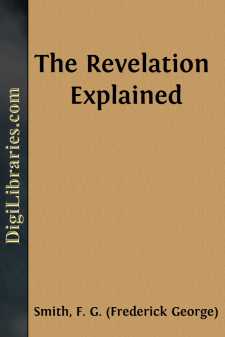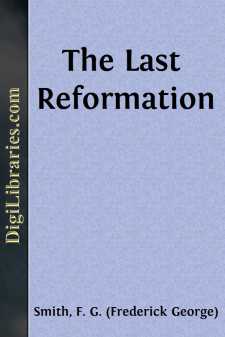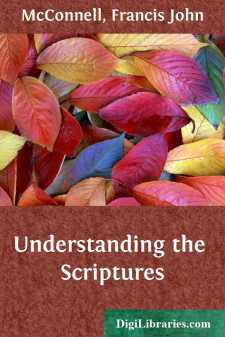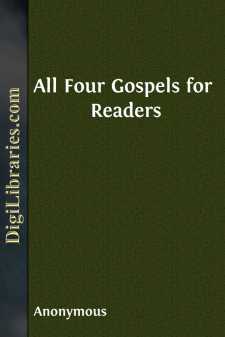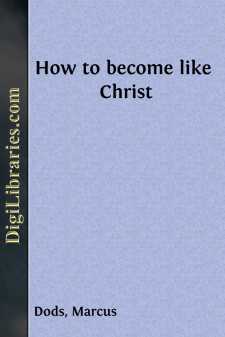Categories
- Antiques & Collectibles 13
- Architecture 36
- Art 48
- Bibles 22
- Biography & Autobiography 813
- Body, Mind & Spirit 142
- Business & Economics 28
- Children's Books 17
- Children's Fiction 14
- Computers 4
- Cooking 94
- Crafts & Hobbies 4
- Drama 346
- Education 46
- Family & Relationships 57
- Fiction 11829
- Games 19
- Gardening 17
- Health & Fitness 34
- History 1377
- House & Home 1
- Humor 147
- Juvenile Fiction 1873
- Juvenile Nonfiction 202
- Language Arts & Disciplines 88
- Law 16
- Literary Collections 686
- Literary Criticism 179
- Mathematics 13
- Medical 41
- Music 40
- Nature 179
- Non-Classifiable 1768
- Performing Arts 7
- Periodicals 1453
- Philosophy 64
- Photography 2
- Poetry 896
- Political Science 203
- Psychology 42
- Reference 154
- Religion 513
- Science 126
- Self-Help 84
- Social Science 81
- Sports & Recreation 34
- Study Aids 3
- Technology & Engineering 59
- Transportation 23
- Travel 463
- True Crime 29
The Revelation Explained
Categories:
Description:
Excerpt
Nature of Symbolic Language.
Before proceeding with the interpretation of this wonderful book, it will be necessary for us to pause and make inquiry concerning the nature of the language employed in its prophecies and concerning the mode of its interpretation. It will be seen at a glance that it is wholly unlike the common language of life; and it will be useless for us to undertake to ascertain its signification unless we understand perfectly the principles upon which it is founded.
The question may be asked, "Is the language intelligible at all?" Considering the variety of interpretations placed upon it by expositors and the opinions generally held respecting it, we might conclude that it is not. The majority of the people look upon these prophecies as "a mass of unintelligible enigmas," and are ready to tell the student of Revelation that this book "either finds or leaves a man mad." But are we to look upon its language as being applied at a venture, without any definite rule, capable of every variety of meaning, so that we can never be quite sure that we have its correct interpretation?
Commentators generally unite in attaching a definite meaning to certain symbols, and they tell us that these can not be applied otherwise without violating their nature. They may not give us their reasons for thus applying them (in fact, they generally do not), yet it is evidently assumed that such reasons do exist. Now, if reasons actually exist why a definite signification must be applied to the symbol in the one case, why do they not exist in another case, and in all cases? If any law exists in the case at all, it is a uniform one, for a law that does not possess uniformity is no law; otherwise, it would be an unintelligible revelation, and the only possible thing left for us to do would be to attempt to solve it like a riddle—guess it out. It would be as if the writer were to use words with every variety of meaning peculiarly his own attached, without informing the reader what signification to give them in a given instance. No man has a right thus to abuse written or spoken language; and we may take it for granted that the God of heaven would not make such an indiscriminate use of symbolical language when making a revelation to men. There is no other book the wide world around in which language is as carefully employed as in the Bible; and we can rest assured that when God gave this Revelation to Jesus Christ "to show unto his servants things which must shortly come to pass," he made choice of proper symbols whose meaning can be definitely evolved, provided we can but ascertain the great underlying principles upon which their original selection was based.
In the ordinary communication of our thoughts we employ arbitrary signs and sounds to which we have universally agreed to fix a definite meaning. Thus, our entire spoken language is made up of a great variety of sounds or words with which by long practise we have become familiar. We call a certain object a horse, not because there is any similarity between the sound and the animal designated, but because we have agreed that that sound shall represent that object....


